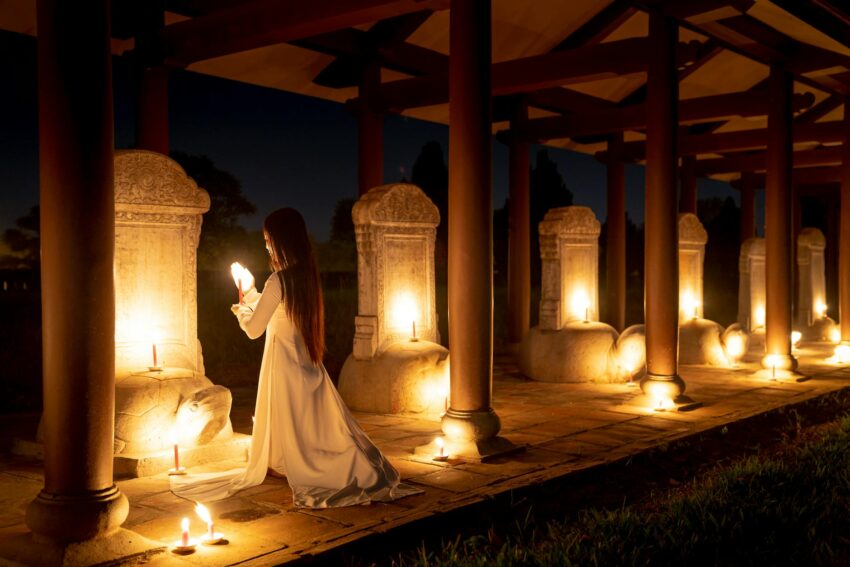At the intersections of neuroscience, spirituality, and psychedelics, a potent inquiry arises – can mind-altering substances truly catalyze a connection with the divine or promote a spiritual awakening? This question has been deeply entrenched within human culture and mystical traditions for thousands of years, with sacred rituals incorporating a variety of entheogens for spiritual practices.
Psychedelics, frequently termed “sacred plants” or “medicine,” play a profound role within shamanic practices, serving as a gateway to higher consciousness, and a rendezvous with the divine. This has been the belief for millennia, predominantly amongst Indigenous cultures, who demonstrated a profound appreciation for the transformational potentiality of these substances.
The entheogens used within these rituals are not seen merely as drugs, but agents for transcendental states. By yielding novel perspectives and insights into the impenetrable mysteries of existence, they prompt an intriguing exploration of perceptions, emotions, and spiritual experiences. With this profound comprehension of reality, psychedelics carry the potential to act as a catalyst for spiritual awakening.
Since the 1950s, modern science has been engrossed with psychedelic drugs and the doors of perception they unlatch. A growing body of research in religious studies points to how psychedelics can deepen spiritual experiences, with a resurgence of studies commencing in recent years.
According to a study from Johns Hopkins University, a single dosage of psilocybin (a naturally occurring psychedelic compound found in certain types of mushrooms) significantly boosted “mystical experiences” and elicited profound life-changing experiences in test subjects. This Johns Hopkins study reveals that these experiences often mirror those told by spiritual mentors and mystics throughout history.
Qualitative accounts from participants often made references to encounters with a form of higher power or divinity, sensations of unity with the universe, the dissolution of the self, and an overwhelmingly positive mood.
Further lending credibility to the exploration of psychedelics and spirituality is the notable research done by The Multidisciplinary Association for Psychedelic Studies (MAPS). MAPS investigates how these compounds can facilitate experiences resembling mystical experiences described across various cultures and religions.
Even within the context of non-religious individuals, psychedelics have the capacity to inspire feelings of awe and reverence typically associated with religious epiphanies. However, it’s important to bear in mind that these substances do not serve as a magic bullet for immediate enlightenment. Instead, they seem to assist in disassembling rigid thought structures, allowing one to see beyond conventional reality and approach impactful, spiritual insights.
While the consumption of psychedelics can engender profound spiritual experiences, it is not without its potential risks. Adverse psychological reactions, such as severe anxiety, panic, and psychosis, can occur, particularly for individuals predisposed to mental health disorders. Therefore, these substances should be treated with due respect and always supervised by professionals in structured, safe environments.
Psychedelics open a window into the cavernous depths of the human consciousness, nudging us towards an understanding of our place in the cosmos, stimulating spiritual awakenings, and catalyzing a connection with the ethereal. The growing body of research validates the age-old intuition Indigenous cultures had about these substances and offers hope for a wider understanding of spirituality in a scientific context.
As the societal conversation around psychedelics evolves, with an increasing call for their decriminalization and research-based use, the spiritual facets merit further study. The dialogue between the sacred and profane, science and spirituality, must continue to broaden, as these substances may hold keys to unlock deeper levels of human understanding and a connection with the divine. It’s a journey worth taking – not a destination to be reached instantly, but an odyssey through the cosmos of consciousness.
The use of psychedelics during sacred rituals as a highway to transcendental states isn’t just an act of reverence. Perhaps, in the grand tapestry of existence, it’s a time-bound tradition beckoning us to awaken, to transcend the mundane, and to step into a shared communion with the greater universe.
